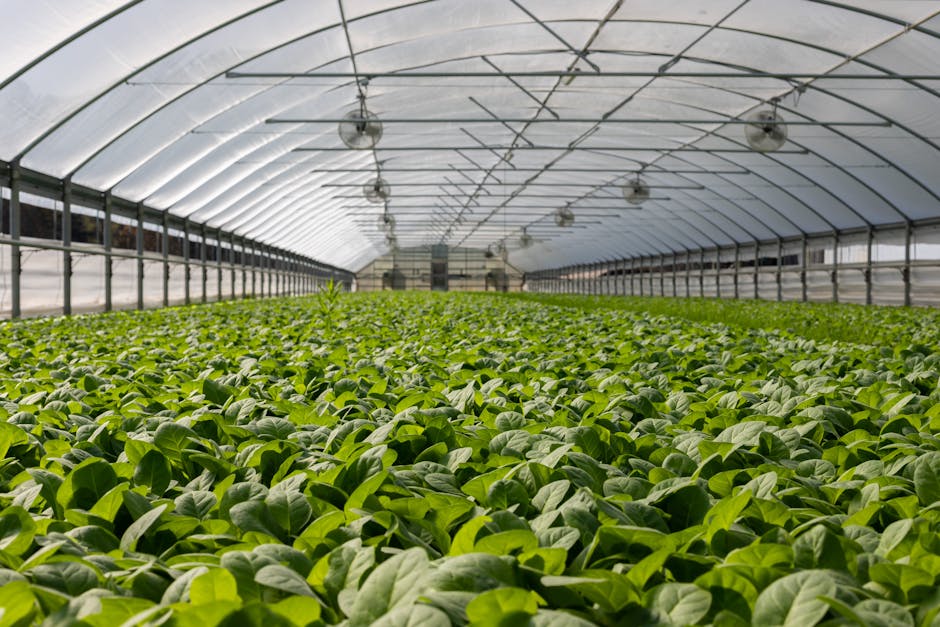A fundamental aspect of food security lies in the very definition of the concept. It encompasses more than just the availability of food; it also considers accessibility, utilization, and stability. Availability, at its core, refers to the sufficient production and supply of food. Agricultural systems must be resilient enough to deliver the necessary quantities of nutritious food consistently. This often comes into conflict with the fluctuating demands driven by population growth and changing dietary preferences. Yet, food production is intrinsically linked to environmental conditions, creating an additional layer of complexity.
Climate variability and change exert a pronounced influence on agricultural output. Unpredictable weather patterns, such as prolonged droughts or intense rainfall events, can decimate crops, impacting yield and availability. Rising temperatures, altered precipitation patterns, and more frequent extreme weather events pose an ever-increasing threat to the reliability of food production. Such instability directly compromises the ability of agricultural systems to consistently meet the needs of a growing population, thus jeopardizing food security.
Agricultural practices themselves can contribute to the very challenges they aim to address. Intensive farming methods, focused on maximizing output, can lead to soil degradation, water pollution, and biodiversity loss. Monoculture farming, reliant on a single crop, leaves agricultural landscapes vulnerable to pests and diseases, drastically reducing production in the long term. Sustainable agricultural practices, which prioritize soil health, water conservation, and biodiversity, are crucial for ensuring long-term food security, but adoption often faces economic and social barriers.
Beyond production challenges, access to food is also a critical component of food security. Poverty, inequality, and political instability can create significant barriers to obtaining sufficient and nutritious food. Geopolitical events, trade wars, and economic crises can disrupt food supply chains, exacerbating existing inequalities and hindering access to critical resources. Rural populations, often relying on agriculture for their livelihood, are particularly vulnerable to these disruptions. This emphasizes the need for robust, resilient supply chains, and supportive policies focused on equitable distribution.
The manner in which food is utilized is another crucial aspect. Post-harvest losses, including spoilage, waste, and inadequate storage, represent a significant concern. Efficient storage, handling, and processing techniques are essential to reduce these losses and ensure food reaches consumers in good condition. Furthermore, nutritional deficiencies can stem from poor food quality or inadequate access to diverse, nutrient-rich foods, illustrating the crucial link between food security and public health. A diverse and balanced diet is crucial for supporting optimal human health and development.
The final pillar of food security, stability, encompasses the ability of the system to consistently provide adequate food supplies over time. This involves managing risks associated with pests, diseases, and climate change. Investing in research and development focused on resilient crop varieties, drought-resistant farming techniques, and sustainable practices is essential. Ensuring long-term stability requires foresight and planning, incorporating a robust approach to risk management within agricultural policy and practice.
The challenges of food security are not solely environmental or technical in nature. Social and economic factors play a crucial role. Land tenure issues, particularly in developing countries, can limit access to resources and hinder agricultural productivity. Gender inequality often translates to limitations on women’s access to land, credit, and other essential resources, reducing their capacity to contribute to food security efforts. This illustrates the close link between equitable distribution of resources and improved agricultural outcomes.
Addressing food security requires a multi-pronged approach. Supporting smallholder farmers, particularly in developing countries, is vital as they produce a significant portion of the world’s food. Investing in infrastructure, such as irrigation systems and storage facilities, can significantly improve food production and distribution. Enhancing access to technology, credit, and market opportunities for farmers can unlock their potential and boost their productivity. Robust and equitable policies that support small farmers and promote access to resources are essential.
In conclusion, the issue of food security is multifaceted, intertwining environmental, economic, social, and political factors. From the impact of climate change on crop yields to the inequality hindering access for vulnerable communities, various challenges undermine the global pursuit of food security. Addressing these interconnected concerns requires a holistic strategy that prioritizes sustainable agricultural practices, equitable resource distribution, and robust risk management approaches. Ultimately, ensuring future food security requires commitment, innovation, and collaborative efforts at all levels, from individual farmers to international organizations.






